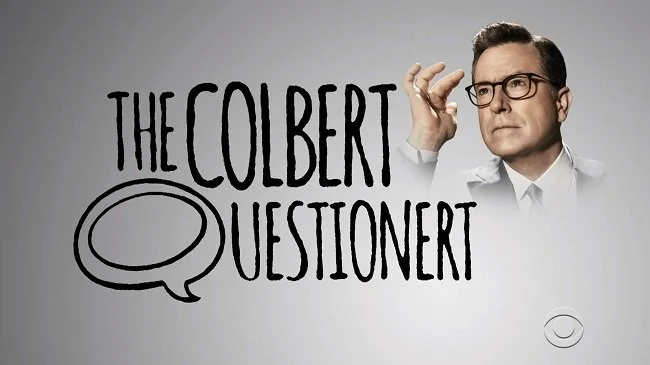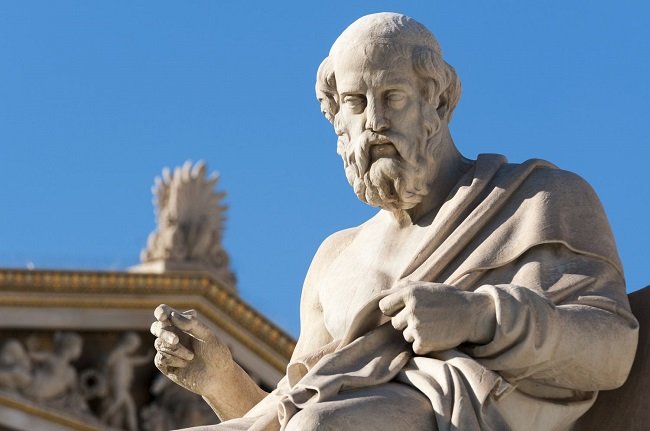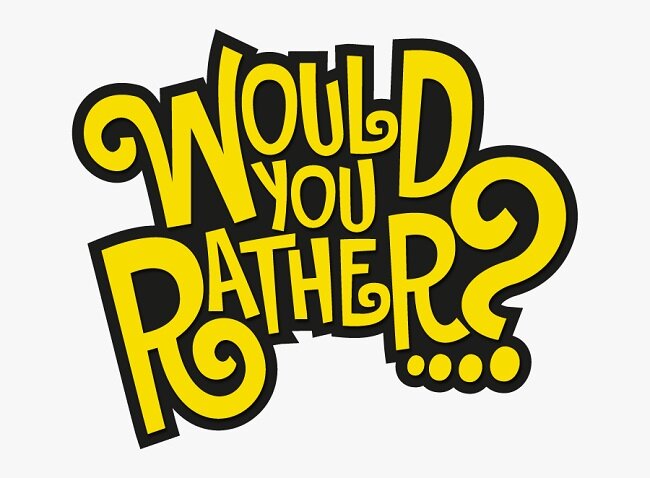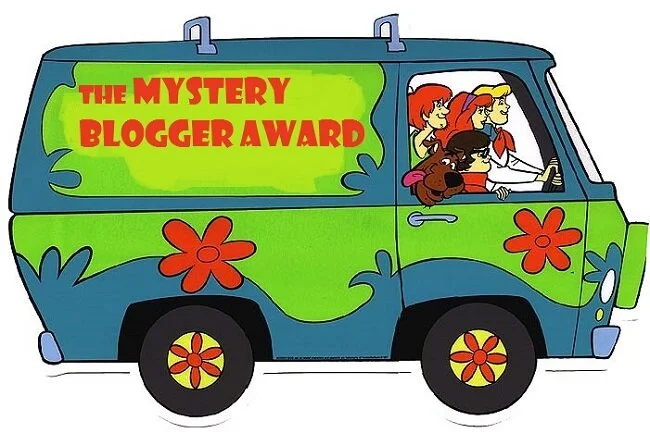Ten Philosophical Questions
I’m not sure where it came from but I have a page of allegedly philosophical questions bookmarked in Google Chrome. As it’s filed under “blogging” I suspect that these may have been saved as an emergency source of inspiration if I were in need of a writing prompt. Well I’m not exactly brimming with ideas today, so I’ve decided to avail myself of this list. I selected 10 questions randomly and shall now proceed to answer them. I am not claiming that my answers are as philosophical as the questions. I shall no doubt be flippant, sarcastic and possibly a little scathing, but I’ll endeavour to answer the questions properly (if they merit it). As I’ve said before about previous internet questionnaires that I’ve completed, sometimes what at first glance looks like lightweight material can inadvertently lead to some interesting discussions.
Q: Did humans discover mathematics or did they create it?
A: The Greek philosopher Plato argued that maths is a discoverable system that underlines the structure of the universe. This Platonic theory asserts that mathematics exists independent of humans. The opposing argument, therefore, is that maths is a man-made construct and intellectual tool. An abstraction that simply corresponds with the universe. Kurt Gödel's first incompleteness theorem states that no consistent system of axioms whose theorems can be listed by an effective procedure (i.e., an algorithm) is capable of proving all truths about the arithmetic of natural numbers. For any such consistent formal system, there will always be statements about natural numbers that are true, but that are unprovable within the system. Heavy stuff, right? Both sides of the debate provide compelling arguments. However, I think we should let the great Scottish philosopher Billy Connelly have the last word. "Why should I learn Algebra? I've no intention of ever going there".
“Is it safe?”
Q: When is it okay to tell a secret?
A: When you’re being waterboarded by the security services.
Q: Do humans construct justice or is it an independent concept?
A: Justice is an artificial construct and does not exist outside of human society. It is notably absent in the animal kingdom and conspicuously not a part of cosmology. It can be argued that it’s not doing such a good job in human affairs.
Q: How do kids and children differ from each other?
A: A baby goat is a kid and a child is a potentially risky investment. On a less pedantic note, this question has the scope to turn into a discussion about how different socioeconomic groups use different words for the same things. Class is still a very big deal in the UK and is insidious in the way it gets into every aspect of life. But that is a post for another day.
Q: Do we have to be happy all the time?
A: No you do not. Furthermore, I would argue that it is foolish to attempt to be so. Most of the time, I find myself in a state of emotional equilibrium. I am not sad, angry or unsettled. I am emotionally neutral. During the course of a day, simple things bring me pleasure and tip my feelings from this position into varying degrees of happiness. For example a full English Breakfast, drawing pictures with my grandchildren or going out on a sunny day with Mrs P. If one was happy all the time it would diminish its merits, in the same way that you can become bored with your favourite food if you dine on it exclusively. Happiness brings contrast to our lives, highlighting the good things and setting them aside from the bad and the mundane. Its value lies in its lack of ubiquity.
Q: If you were to die tomorrow, what would you regret?
A: The fact that I’m dying tomorrow. I have a library book to take back.
Q: What impact does a person’s name have on who they become?
A: Nominative determinism is a thing and genuinely has an impact upon a person’s life, in so far as how they are perceived and treated. Again this is a subject that is linked to class and social status. For example David Cameron was a British Prime Minister. David is quite a formal name and Cameron was very much a man from a privileged background. Dave is a far less formal version of the name and polls have shown that people will immediately think of a plumber or something comparable. Then there’s more literal aspects to nominative determinism, such as your name impacting upon your career and path in life. Consider the athlete Usian Bolt and his name. Is it more than ironic?
Q: If there are no boundaries to the universe, what would exist beyond them?
A: I get confused by the semantics of this question. If something has no boundaries, then it is infinite. Therefore logically doesn’ that negate the existence of anything else? I like quantum physics but I do struggle with its abstractions most of the time.
Q: Are there such things as good deaths?
A: Yes there are, although I am not talking about the emotional ramifications of death, but specifically the manner in which you die. We can all imagine painful, shocking and unpleasant ways to die. Sadly some people endure these. However, these are not necessarily commonplace. My father died in September 2020. He was 91, extremely frail and suffering from pneumonia. He spent his last few weeks in a hospital and was seldom awake. He died in his sleep. My mother similarly died recently of age related issues, in a nursing home. She also died in her sleep. Both were aware that they were going to die but due to their age and long years of ill health and indignity, were reconciled to their demise. Were these good deaths? Possibly so. It is a relative concept.
Q: What is the purpose of life?
A: Judging by my fifty four years of experience, I’m tempted to say “to be exploited by the rich”. On a less cynical note, I get somewhat annoyed by this question as it supposes that there is a purpose by default. I suspect this question stems from a theological perspective. However, let me address the question. I believe humans have the ability to create their own sense of purpose and do not have to adhere to spurious dogmas created by third parties for their own questionable ends. As for the wider concept of life within the universe, does it really need to have a specific purpose? It just is. The only imperative that drives it is for it to continue. Alternatively the answer to everything is 42.


















